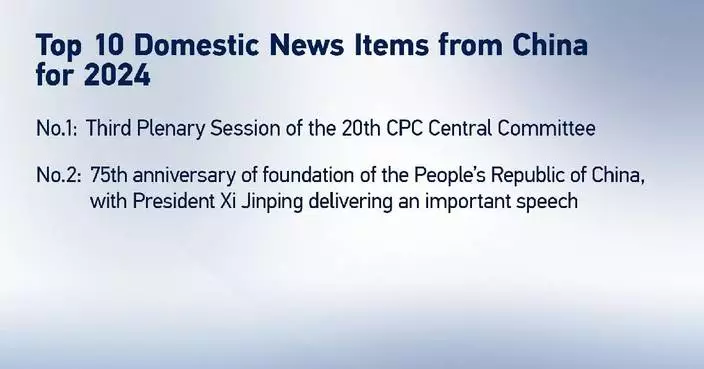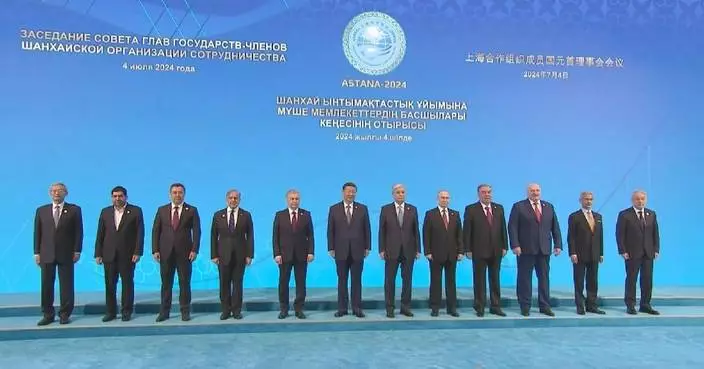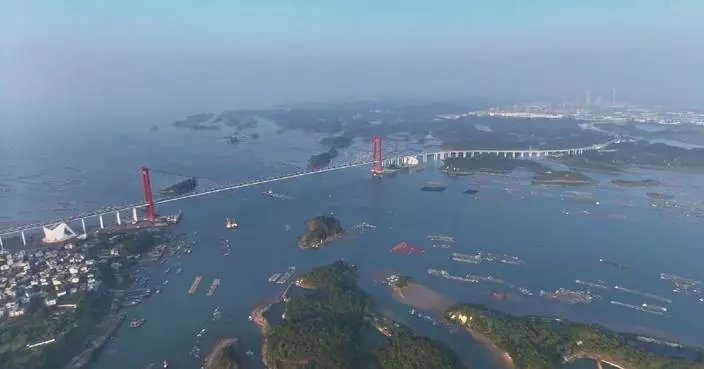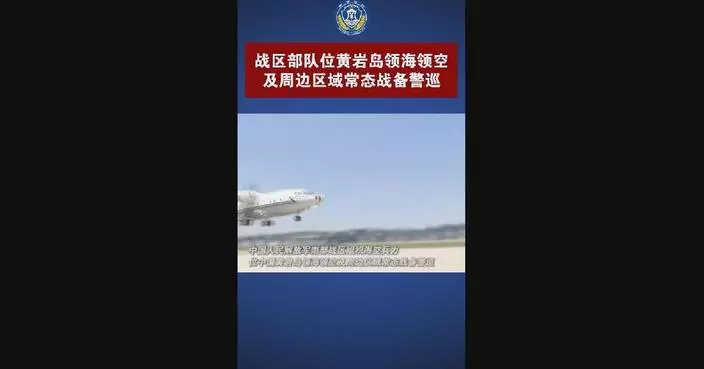The United Nations Development Program (UNDP) administrator Achim Steiner has lauded China's significant contributions in advancing green and digital transformations for future development, while cautioning against global fragmentation due to political polarization and division.
During his recent visit to China from October 8 to 15, Steiner stressed China's progress in green transition and climate change, noting that these advancements serve as valuable models for nations worldwide. During his visit, Steiner and the China International Development Cooperation Agency signed a memorandum of understanding to strengthen cooperation in sustainable development under the Global Development Initiative framework.
In an interview with China Global Television Network (CGTN), Steiner spoke highly of China's ability to leverage both modernization technologies and policy experiences to chart its own unique development path.
"China is not only a country, it's a culture, it is a civilization that has thousands of years of history. I think that ability of being able to look outside in order to then develop one's own way forward has been a key factor in the way that China has been able to leverage both modernization technologies, but also policy experiences and then translate them into China's own path. UNDP was indeed very privileged to be one of the partners to be invited at that moment. And I think the trust that China had in UNDP is still something that I see in so many developing countries today," said Steiner.
He reiterated that UNDP is dedicated to helping countries address global and domestic development challenges. He affirmed his belief that green and digital transformations are crucial drivers for future development, stressing UNDP's commitment to ensuring that the Global South countries are not left behind in this transformative journey. Moreover, Steiner cautioned against the primary risk confronting the world today -- global fragmentation spurred by political polarization. He highlighted how discussions on critical matters such as international cooperation, investment, and energy transition are being clouded by the proliferation of wrong information and radical views, citing the challenges faced by electric vehicles in China as a prime example.
"We are seeing some very contradictory signals in the global marketplace, in geopolitical and geo-economic terms. But I think these are hopefully temporary disruptions, and ultimately we are a global economy that will move towards green energy, green transportation. The facts speak for themselves. No country, however large and capable, no country, can succeed in this day and age in tackling issues such as climate change on its own. We are bound by necessity to cooperate and to collaborate," he said.
Steiner urged a shift away from short-term thinking and emphasized the need for long-term partnerships and co-investment.
"If you only react to short term stress and factors, you may make very wrong choices in the long term. We need to look at each other as partners and co-investors, also competitors. Let's be clear, countries have to create jobs, they have industries. It's not that you cannot compete, but let's recognize where the problems are and not create new enemies out of who should ultimately be our partners in solving problems," he said.

UNDP chief lauds China's crucial role in advancing green, digital transformation









